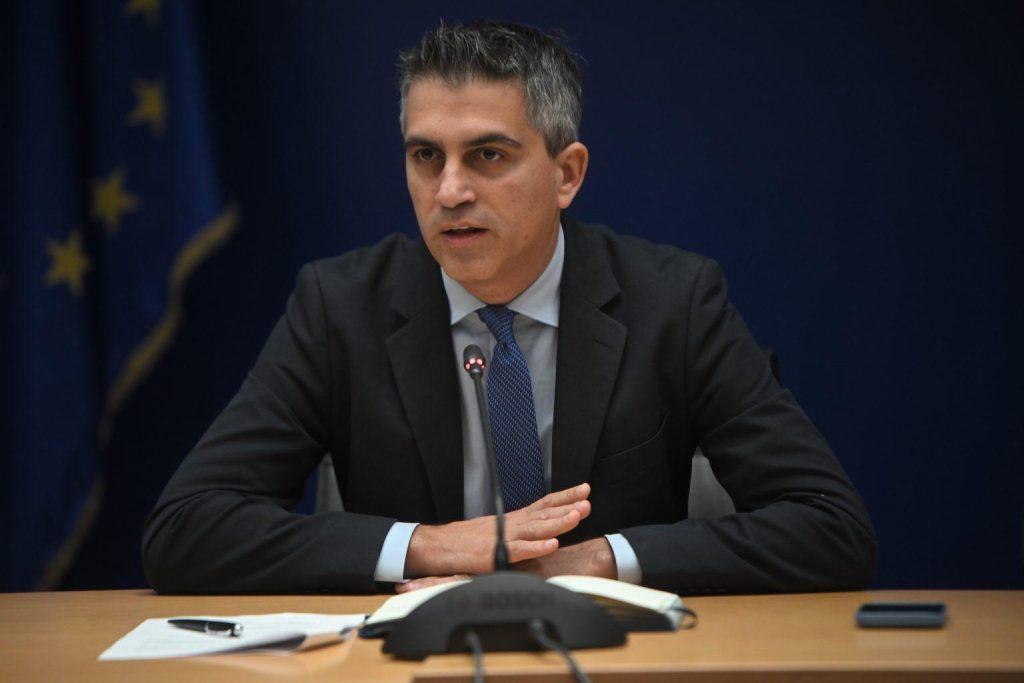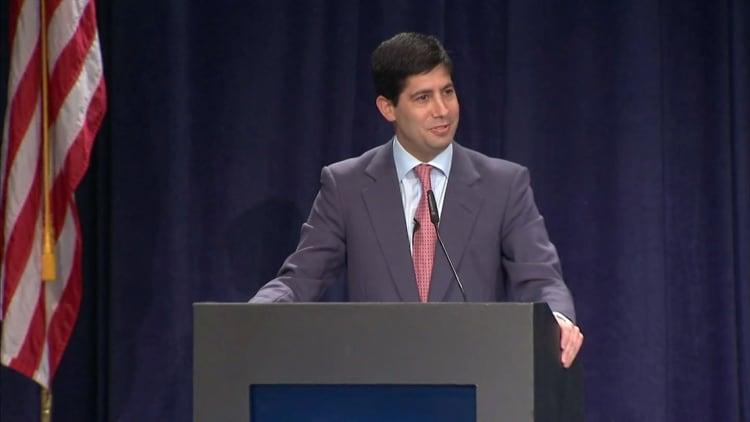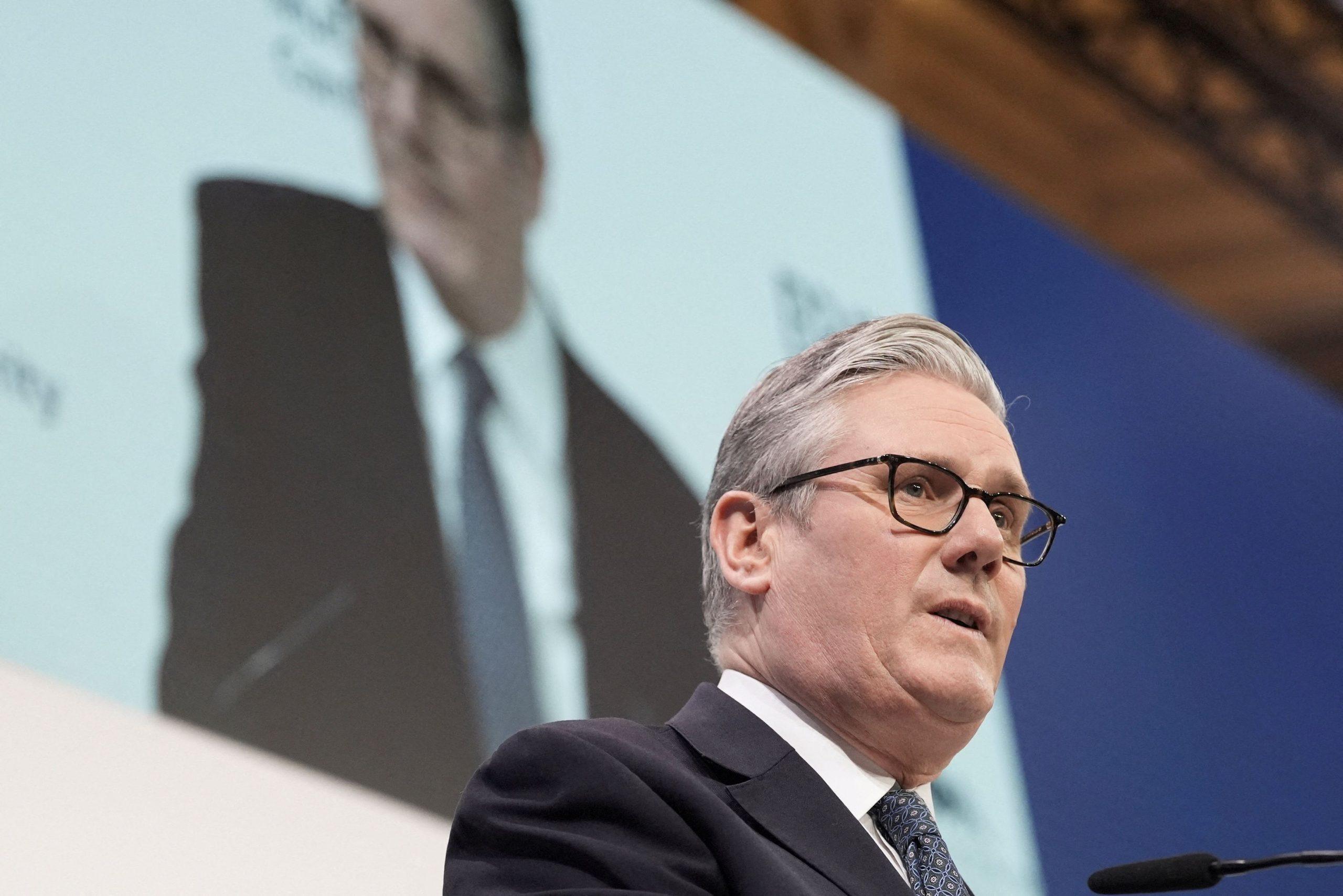Despite the mounting banking turmoil and calls for pausing interest rate hikes, both the European Central Bank (on 16 March) and the Federal Reserve (on 22 March) raised their interest rates. This was the right decision. I expect the Bank of England to follow suit.
Some observers emphasised that a pause in interest rate hikes could have been interpreted as central banks worrying about the health of the banking system, which might have undermined the trust in banks further.
There would have been an even more crucial medium-term concern with a pause: yielding to mild signs of banking troubles to give up the fight against inflation, when it is 3-4-times larger than the 2% target and labour markets are strong, would have undermined the trust in the central bank’s determination to keep inflation under control. That could have resulted in an increase in inflation expectations and increased uncertainty about the duration of the current inflation surge, potentially resulting in a more lasting and painful adjustment.
Current banking troubles are concentrated on isolated banks, such as the Silicon Valley Bank in the US, which had a risky business model and inadequate risk management processes, and Credit Suisse, which was subject to money laundering, corruption and spying scandals, made a big loss in 2022, and was expected to make losses in 2023 too. When deposits were evaporating from Credit Suisse, other banks, such as UBS and Deutsche Bank, reported unusually high deposit inflows, suggesting that the trust in a few specific institutions was undermined, but not in the banking system as a whole. European banks do not suffer from the problems of the Silicon Valley Bank and Credit Suisse, while tightened banking regulation and bank supervision since the 2008 global financial crisis made banks more resilient. The same applies to large US banks.
Inflation remains stubbornly high, while unemployment remains close to historical lows. While the ECB has revised its headline inflation forecast for 2023 down from 6.3% in its December forecast to 5.3% in its March forecast –most likely due to the unexpected fall in energy prices over the past three months–, it revised its core inflation forecast (which excludes volatile energy and food prices) up from 4.2% to 4.6%. The employment growth forecast for 2023 was revised upward (from 0.4% to 0.8%), while the unemployment rate forecast was revised downward (from 6.9% to 6.6%).
The ECB’s main deposit interest rate had just reached 3% when the latest February headline inflation figure was 8.5% and core inflation was 5.6%. In most past monetary tightening episodes, the central bank’s interest rate was raised to above inflation. This time, it is still much lower than that.
Thus, the time of isolated banking problems, high inflation, low unemployment, and so-far feeble interest rate hikes is not the time to pause monetary tightening.
Zsolt Darvas
Senior fellow, Bruegel



































